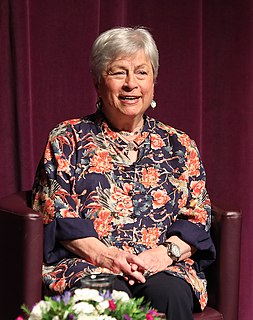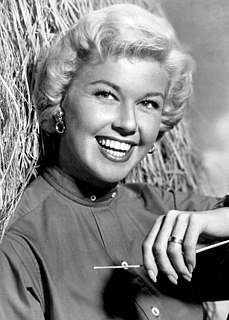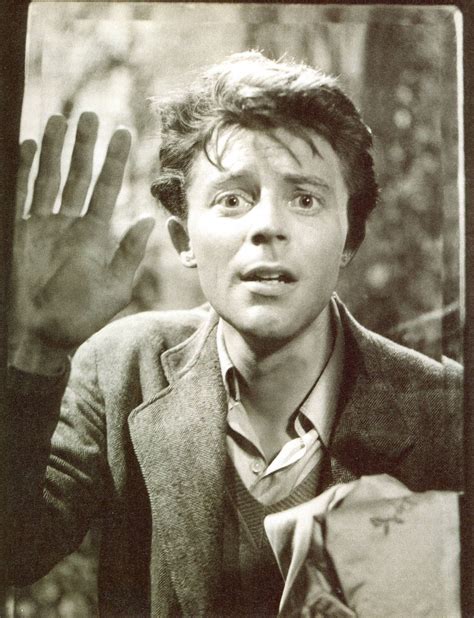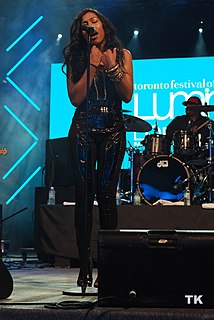A Quote by Kenzaburo Oe
Fundamentally a good author has his or her own sense of style. There is a natural, deep voice, and that voice is present from the first draft of a manuscript. When he or she elaborates on the initial manuscript, it continues to strengthen and simplify that natural, deep voice.
Related Quotes
This approach to voice is designed to liberate the natural voice and thereby develop a vocal technique that serves the freedom of human expression. The basic assumption of the work is that everyone possesses a voice capable of expressing, through a two- to four-octave natural pitch range, whatever gamut of emotion, complexity of mood, and subtlety of thought he or she experiences.
Our voice resonates with life. Because this is so, it can touch the lives of others. The caring and compassion imbued in your voice finds passage to the listener's soul, striking his or her heart and causing it to sing out; the human voice summons something profound from deep within, and can even compel a person into action.
There are no words and there is no singing, but the music has a voice. It is an old voice and a deep voice, like the stump of a sweet cigar or a shoe with a hole. It is a voice that has lived and lives, with sorrow and shame, ecstasy and bliss, joy and pain, redemption and damnation. It is a voice with love and without love. I like the voice, and though I can't talk to it, I like the way it talks to me. It says it is all the same, Young Man. Take it and let it be.
But what I would like to say is that the spiritual life is a life in which you gradually learn to listen to a voice that says something else, that says, "You are the beloved and on you my favour rests."... I want you to hear that voice. It is not a very loud voice because it is an intimate voice. It comes from a very deep place. It is soft and gentle. I want you to gradually hear that voice. We both have to hear that voice and to claim for ourselves that that voice speaks the truth, our truth. It tells us who we are.
Like Hemingway and Faulkner, but in an entirely different mode, Fitzgerald had that singular quality without which a writer is not really a writer at all, and that is a voice, a distinct and identifiable voice. This is really not the same thing as a style; a style can be emulated, a voice cannot, and the witty, rueful, elegaic voice gives his work its bright authenticity.






































